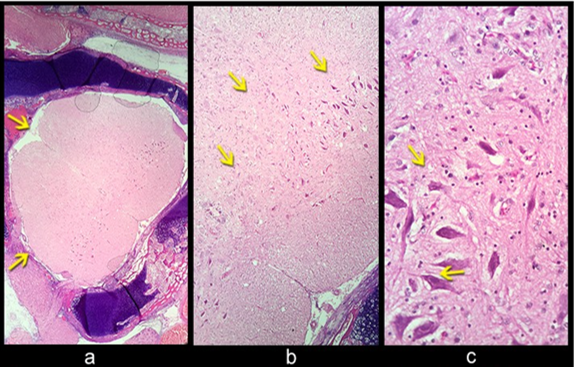Abstract
This paper focuses on the antioxidant effect of powder extracts from Maca on the testis and spinal cord tissues of chicken embryo infected with the avian influenza virus. An experiment was conducted on 500 embryos; 300 eggs were used as a control, and each of the remaining 100 eggs was infected with the avian influenza virus. One of the powder extracts was also injected. After an incubation period of 19 days, the embryos were studied through histopathology, and different histopathological changes recorded. The paper then discusses the various morphological patterns seen in the specimens. The avian influenza virus causes cytopathic effects in the cells of the embryo that manifest as edema, necrosis, and fibrosis. The antioxidant effects of the Maca plant extract protect the cells from these changes in the group of embryos injected with powder. We found that Maca plant can inhibit avian influenza from in vitro replication. It also protects body cells from the oxidative effects of resulting inflammation.
Full text article
Authors

This work is licensed under a Creative Commons Attribution-NonCommercial-NoDerivatives 4.0 International License.

